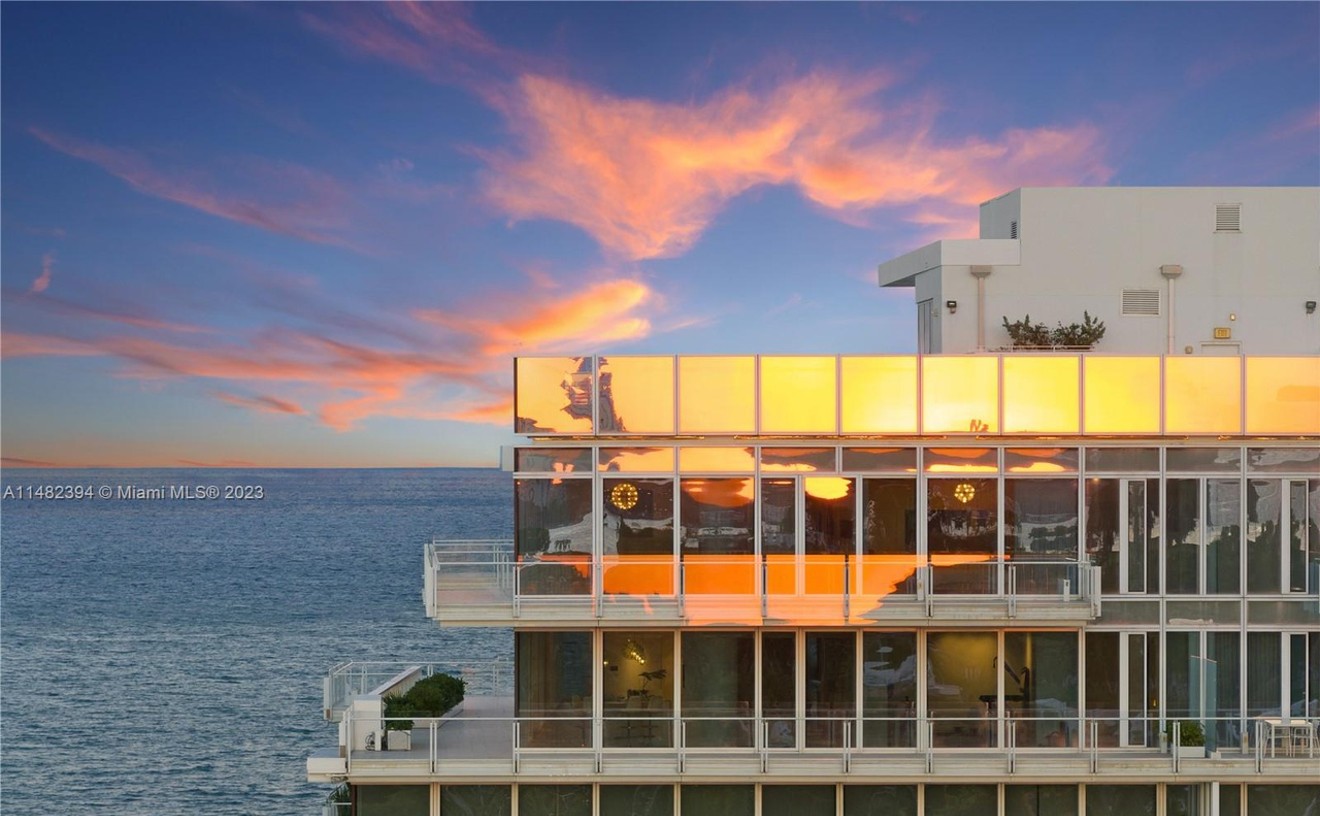According to WASD director Tony Clemente, someone was removing manhole covers during heavy rainfalls, in order to allow storm water to drain from flooded intersections into the sanitary sewer system. This practice is illegal: Local, state, and federal laws prohibit the discharge of storm water into pipes that are intended to carry only sewage.
For years Dade has had problems with storm water entering the sanitary sewer system. In modern sewer systems, two distinct networks of pipes separate rain water from raw sewage in need of treatment. But in parts of Dade's system, as in many older U.S. cities, the two networks are combined -- a flaw the county has been working to identify and correct. In addition, Dade's system suffers from decaying pipes and poor connections that allow more rain water to seep in. As a result, as much as one-third of the water pumped to sewage-treatment plants is actually storm water. During large rainfalls, the huge volume -- at times nearly 100 million gallons per day -- can overwhelm the system, resulting in overflows and equipment failure.
Removing manhole covers during storms only exacerbates the overload, says Clemente. The illegal technique is most commonly practiced on streets that weren't built to drain storm water properly A particularly, the WASD director adds, in the City of Hialeah. (Hialeah maintains its own sewage and storm-water pipes, but its sewage lines are connected to Metro's system and its effluvium is treated at one of Dade's waste-water treatment plants.) So that's where the sewer sleuths went hunting on August 18, a day on which nearly seven inches of rain fell.
After several hours of surveillance, the WASD workers returned to their headquarters with Polaroid proof.
To wit: a photograph WASD officials say depicts a City of Hialeah employee standing near a City of Hialeah truck, knee-deep in a flooded intersection, removing a manhole cover. The WASD officials say their alert spies also snapped photos of several manhole covers in Hialeah that already had been removed to permit storm water to drain into the sanitary sewer system. In one photo, a chair and an upturned trash can have been placed around a gaping manhole, presumably as a warning to drivers.
"It's one of those things that we had heard was going on and we were fortunate to catch them in the act," WASD assistant director Luis Aguiar says with discernible glee. Clemente and Aguiar say that if the Hialeah Department of Water and Sewers experiences leaks in its sanitary sewer lines or poor storm-water drainage in its streets, Hialeah should initiate repairs instead of lifting manhole covers. "We need everybody to get with the program," says Aguiar, who oversees WASD's labyrinth of underground pipes and pump stations.
The county workers also snapped pictures of raw sewage and storm water spilling out of manholes into the streets of Hialeah. WASD officials say those overflows were the result of overloaded pipes, possibly due to storm water flooding into a manhole that had been illegally opened. "I guess it's like robbing Peter to pay Paul," Aguiar posits.
Two weeks ago County Manager Joaquin Avi*o sent a letter to Hialeah Mayor Raul Martinez, requesting Martinez's help in "eliminating the incidence of illegal introduction of storm drainage into the sanitary sewer system by employees of the City of Hialeah pulling manhole covers." Referring to the practice as a "chronic problem," Avino enclosed the photo of the person standing in the middle of the water-logged intersection.
Martinez says this is the first time he's heard such an allegation. Hialeah water and sewer officials are reviewing the letter, he adds, but he's not convinced any of his employees broke the law. "Of course, I have to find out where the picture was taken, when it was taken, and who took the picture, and try to identify whether it's one of my employees or not," Martinez declares. "The person's jacket doesn't say a name and the truck doesn't have any seals. I need to find out if it was one of my streets. It looks like it could be anywhere in Dade County."
According to Joseph Stilwell, chief of the enforcement division of Metro-Dade's Department of Environmental Resources Management, anyone found guilty of letting rain water into the sewer system can be subject to a fine of up to $25,000 per day until the violation is corrected. In addition, Stilwell says, suspected violators may be prosecuted by the State Attorney's Office and face
criminal penalties of as much as a $500-per-day fine and up to 60 days in jail. Clemente says he will refer the documentation to the enforcement department "if the activity continues."
Though Martinez acknowledges that his municipality suffers from some storm-water drainage problems, he insists the problem is by no means unique to Hialeah. "I can take you to areas that are county-maintained roads where they fail to have proper drainage," he exclaims.
"I'm sure we have some drainage problems somewhere," Clemente concedes. "If it's happening in the county, regardless of who's doing it, we're going to weld the manholes shut." Besides Hialeah, Clemente says, he's sending his surveillance crews out to areas of "chronic drainage problems," including West Miami and the City of Miami. "We sense [the removal of manhole covers] is a practice occurring where there isn't adequate drainage," he explains. "It's not only public officials.We also know of private citizens going out and pulling manhole covers.










